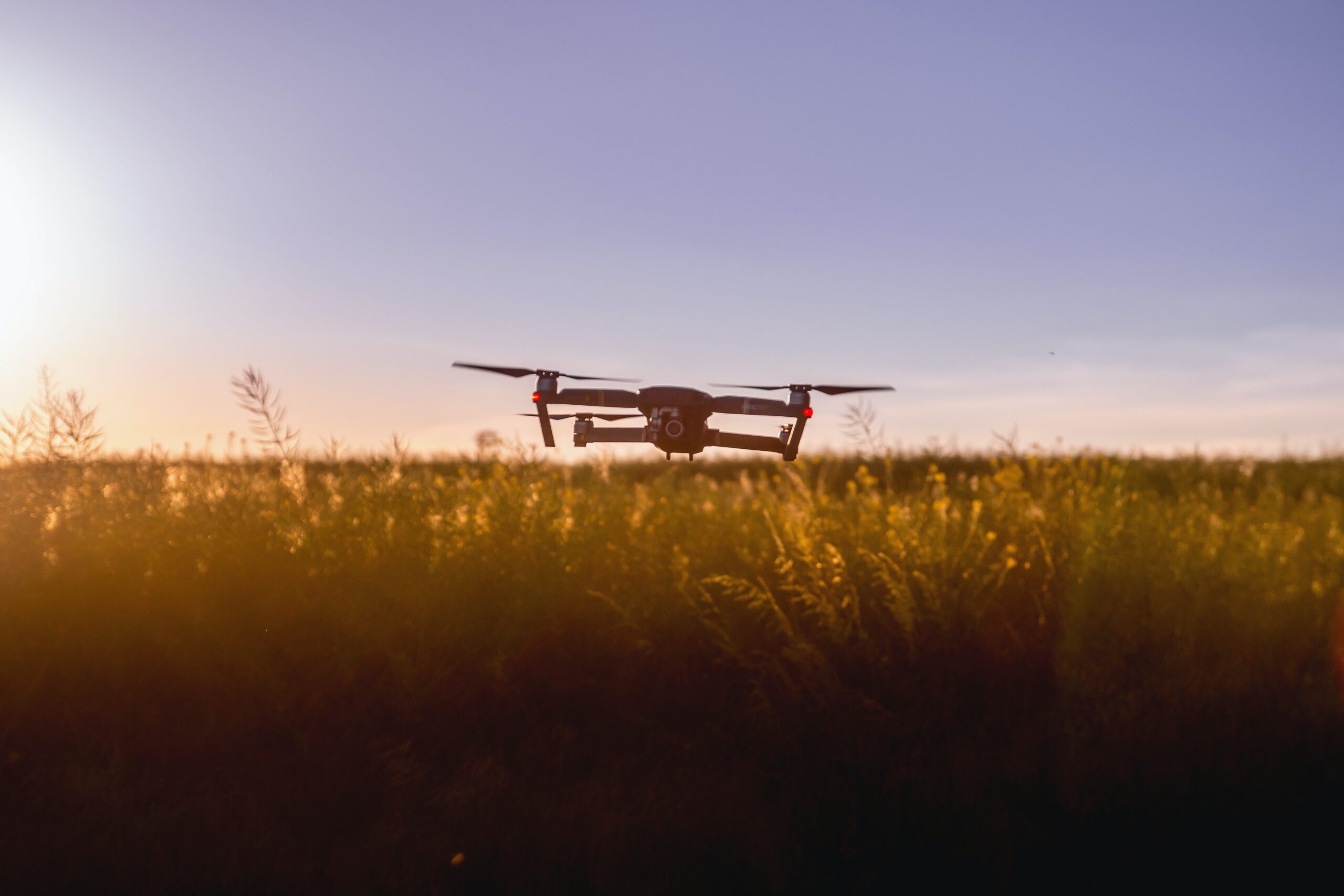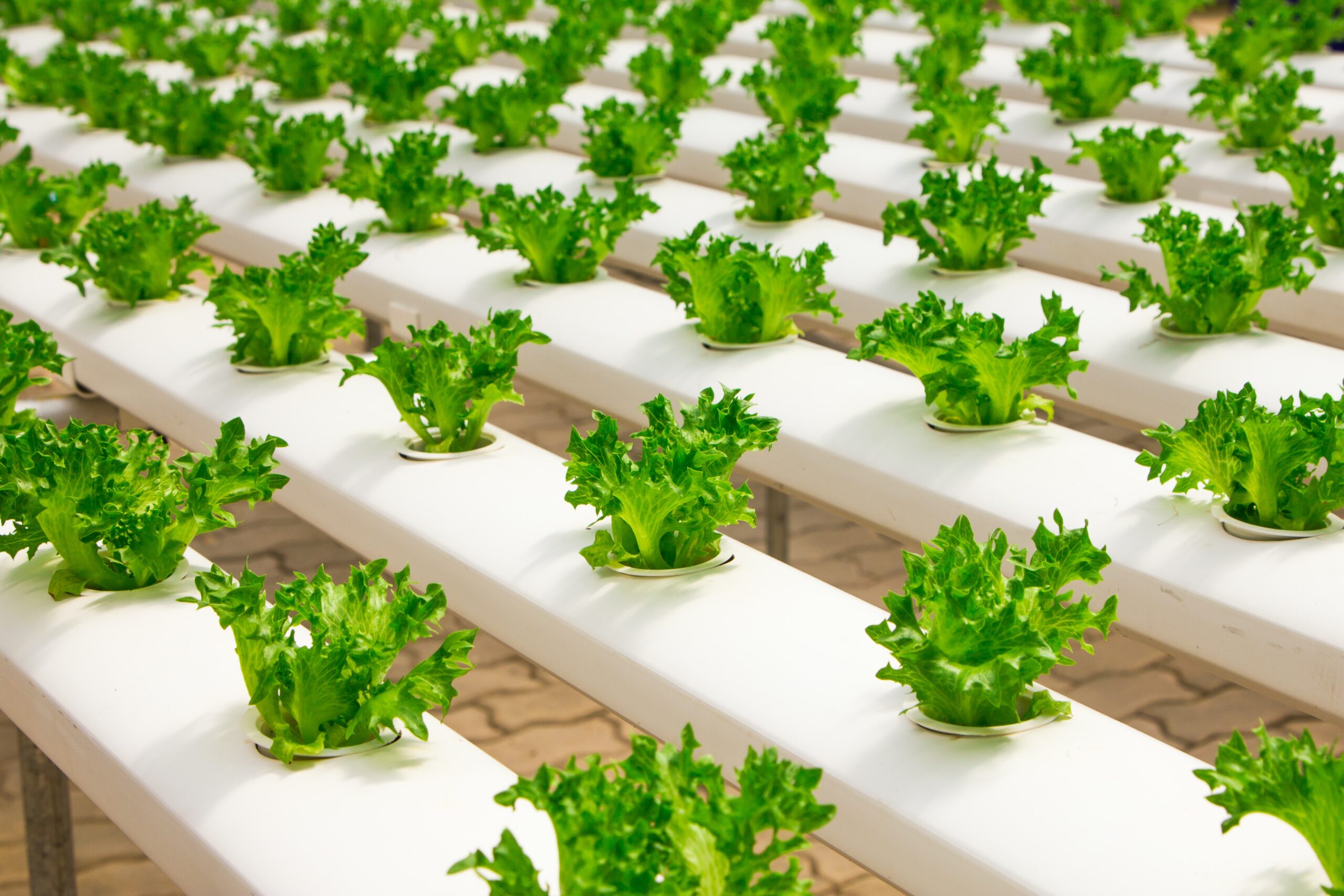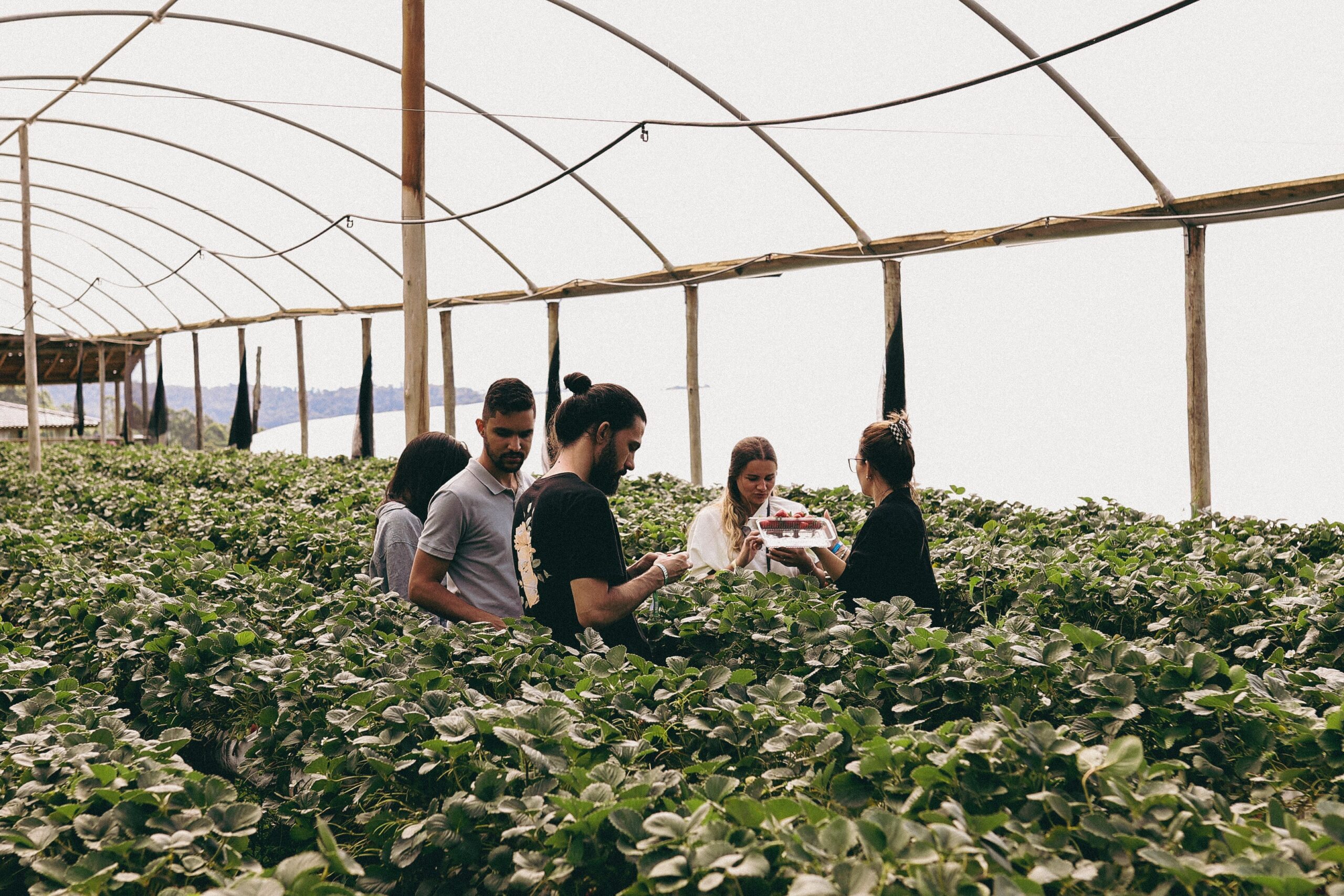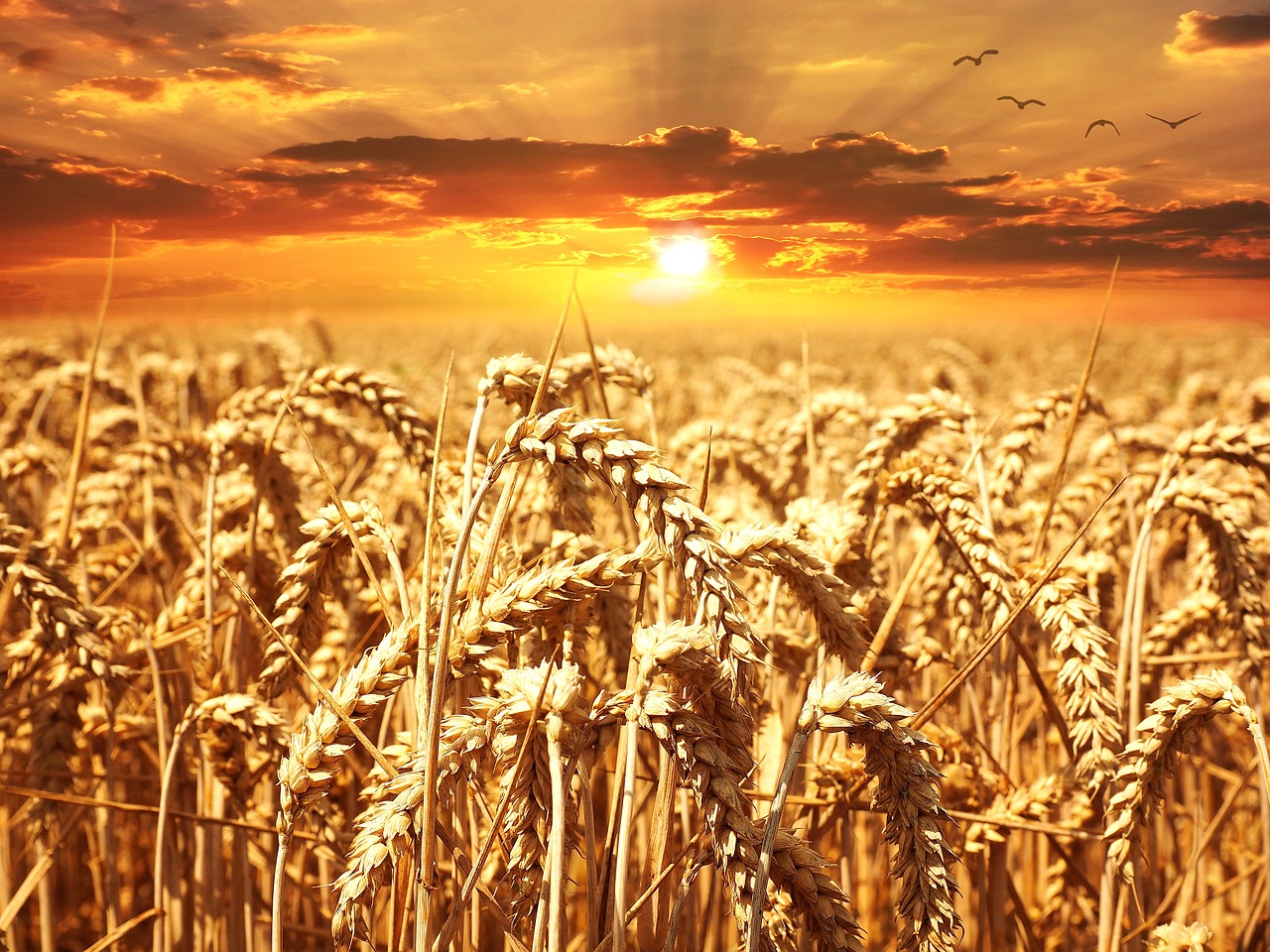Agriculture Trade Shows have long served as pivotal platforms to showcase cutting-edge agricultural technologies, foster innovative ideas, and forge global connections. As a nexus of agricultural enthusiasts ranging from farmers to technocrats, these shows are continually evolving, setting the stage for the future of the industry. This article delves into ten trends that will shape the next five years of Agriculture Trade Shows.
Virtual Reality and Augmented Reality Experiences
The integration of Virtual Reality (VR) and Augmented Reality (AR) in trade shows is reshaping the way information is shared and consumed. AR and VR offer immersive experiences, transforming traditional product demonstrations into interactive explorations. For example, a farmer could use VR to simulate the operation of a new tractor model or AR to visualize the impact of a specific fertilizer on crop yield. This technological integration provides a richer, more engaging experience, blurring the boundaries between reality and digital simulation.
Use of Artificial Intelligence and Machine Learning
Artificial Intelligence (AI) and Machine Learning (ML) are set to enhance the efficiency and personalization of Agriculture Trade Shows. By predicting visitor preferences, AI can tailor product recommendations and schedule meetings, ensuring that each participant’s time is optimally utilized. Additionally, AI can streamline operations, automate repetitive tasks, and enhance decision-making, making the organization of trade shows smoother and more efficient.
Increased Focus on Sustainability
With sustainability becoming a global priority, Agriculture Trade Shows will increasingly spotlight eco-friendly technologies and sustainable farming practices. Exhibitors will showcase innovations such as precision farming, soil health monitoring, and water-efficient irrigation systems. The emphasis will be on solutions that boost productivity while reducing the environmental footprint, reinforcing the industry’s commitment to a sustainable future.
Hybrid Events
The rise of digital platforms has catalyzed the evolution of Agriculture Trade Shows into hybrid events, merging physical interaction with digital experiences. This format broadens the reach of trade shows, enabling participation from different parts of the world, overcoming geographical and logistical barriers. As a result, farmers in remote areas can access the latest agricultural trends and technologies, democratizing information and opportunity.
Internet of Things (IoT) Integration
The Internet of Things (IoT) is set to revolutionize Agriculture Trade Shows by enabling real-time data collection and monitoring. IoT devices can monitor various event parameters, such as visitor footfall, booth popularity, and audience engagement, providing organizers with invaluable insights. Moreover, IoT applications in agriculture, such as smart irrigation systems or drone technology, can be showcased, offering a glimpse into the digitally connected future of farming.
Advanced Biotechnology Showcases
With biotechnology ushering in a new era of farming, future trade shows will prominently feature this field. Breakthroughs in genetic modification, gene editing, and synthetic biology are enabling new crop varieties, improved disease resistance, and higher yields. These innovations will be at the forefront of Agriculture Trade Shows, signifying the industry’s progression toward a biotech-driven future.
Globalization and Market Expansion
Agriculture Trade Shows are increasingly catering to a global audience, reflecting the interconnected nature of the agricultural industry. As platforms for international collaboration, these events bring together farmers, technology providers, and policymakers from different parts of the world. They foster the exchange of ideas, techniques, and technologies, facilitating the global growth of the agricultural sector.
Personalized Experiences
Digital technologies are enabling more personalized experiences at trade shows. Data analytics and AI can customize information for different participants based on their interests, preferences, and behaviors. This personalization makes the events more engaging and valuable, ensuring that participants receive the most relevant and useful information.
Increasing Role of Social Media and Digital Marketing
Social media and digital marketing are playing a crucial role in promoting Agriculture Trade Shows. These platforms are instrumental in engaging with the audience before, during, and after the event. From announcements of new products and live updates during the event to post-event discussions, social media channels enable continuous engagement. Additionally, digital marketing strategies, including SEO and email campaigns, ensure maximum visibility for these events, attracting a wider audience.
More Interactive and Engaging Formats
The format of Agriculture Trade Shows is evolving to become more interactive and engaging. Traditional presentations are giving way to workshops, live demonstrations, interactive panels, and networking sessions. These formats offer hands-on experiences, facilitate knowledge exchange, and foster relationships, enhancing the overall value of these events.
Conclusion
As we look ahead to the next five years, Agriculture Trade Shows are poised to undergo significant transformations. The integration of technology like VR, AR, AI, and IoT, coupled with a focus on sustainability, globalization, personalization, digital marketing, and interactive formats, will reshape these events. These trends signify an exciting future for Agriculture Trade Shows, where technology and innovation meet to drive the industry forward.
The rapid evolution of these trends necessitates continuous adaptation by all stakeholders. The future belongs to those who can seamlessly blend tradition with innovation, creating experiences that not only inform but also inspire. As we navigate this transformative journey, the underlying objective remains unchanged: to advance the agricultural sector, ensuring food security and sustainability for our planet.
We welcome any suggestions or questions. You can email us or contact us using the contact page.
You can also connect with us on the following social networks:









0 Comments